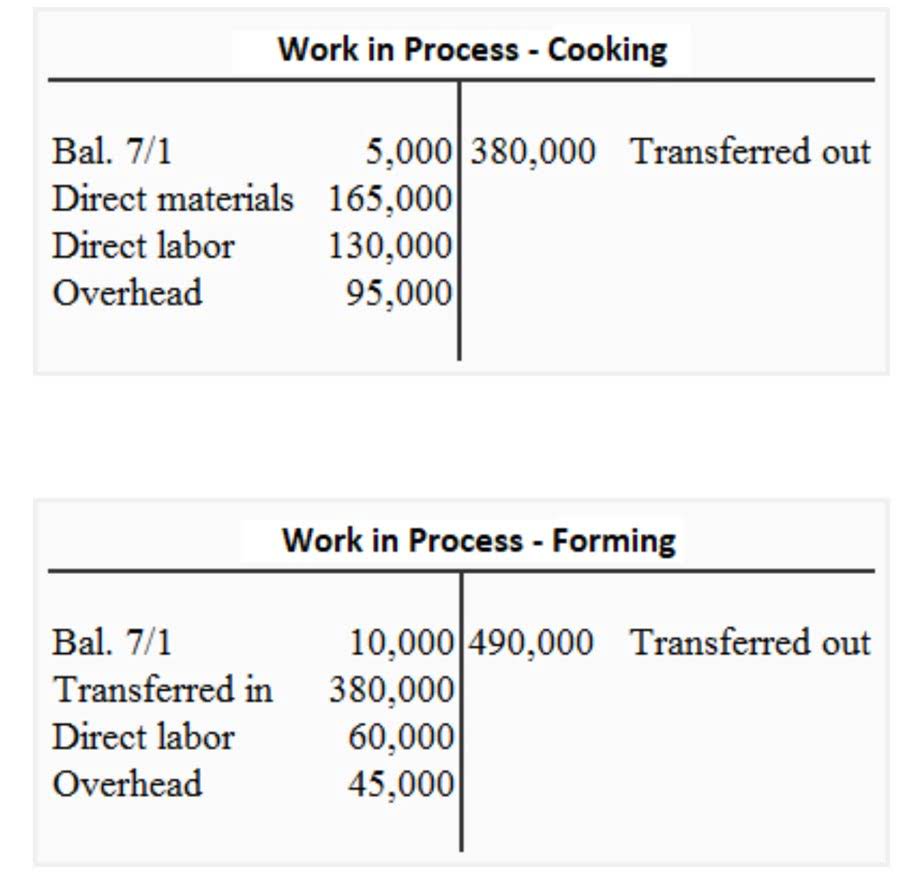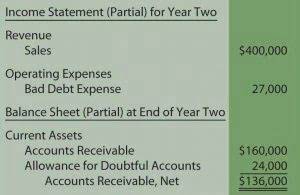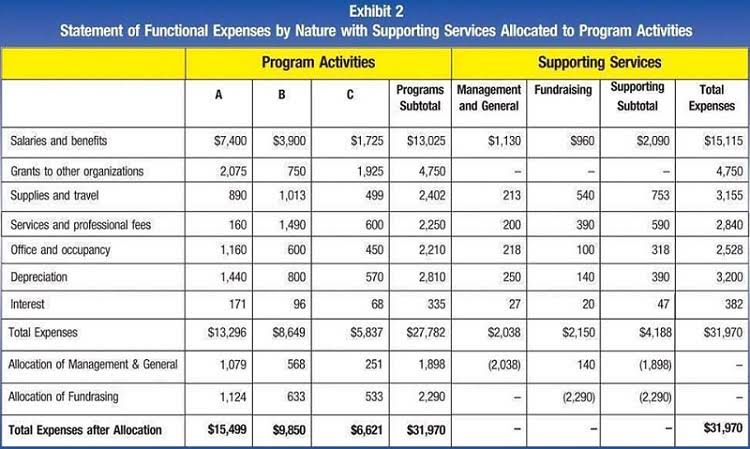Payment Automation Systems: Transforming Business Transactions

Automated payments improve supplier relationships by ensuring timely and accurate payments. The Institute of Finance and Management conducted a survey that found that 39% of invoices contain errors. These mistakes can vary from minor errors like wrong billing addresses to more serious problems such as overcharging or repeated payments.
- Also, most B2B payment solutions provide security features to enforce internal controls and protect against payments fraud.
- These solutions connect directly with your existing software, eliminating the need for manual data entry and reducing the risk of errors.
- Automated payment solutions come equipped with advanced security measures, including data encryption, role-based access controls, and fraud detection mechanisms.
- Without the funds to invest in new equipment or take on other projects, businesses lose out on opportunities to create new value.
- Fintech tools for automation can help generate reports on payment trends, past-due items, cash flow projections, and other financial insights that can aid in decision-making.
- This may involve connecting with your accounting software or ERP system to streamline data transfer and minimize manual entry.
Pay vendors on time

These solutions integrate seamlessly with existing systems, ensuring that every transaction is efficient, secure, and aligned with business goals. By adopting automate b2b payments such solutions, organizations can future-proof their financial operations and stay competitive in a rapidly changing market. Managing collections manually can be a resource-intensive task for businesses dealing with recurring payments or installment-based transactions.

AI Agents in Furniture E-Commerce / How to Prepare Product Data for the New Era of Online Shopping

By leveraging b2b payment automation, companies can generate compliance reports automatically, tracking payment records, tax calculations, and https://www.bookstime.com/ regulatory requirements. This ensures adherence to standards, simplifies audits and reduces the risk of penalties or reputational damage. By automating repetitive tasks, digital transformation services enable businesses to shift their focus toward strategic initiatives.
- Ensure that your payment solution complies with industry standards like PCI DSS to protect sensitive payment information.
- Taulia combines payment automation with supply chain finance capabilities, enabling companies to offer early payment programs that benefit both buyers and suppliers.
- Provide comprehensive training sessions to ensure that everyone understands how to use the new system effectively.
- Look for providers with a proven track record of helping businesses streamline their payment processes and improve financial management.
- The right platform makes setup and maintenance easier, especially if your team is small.
- Digitising invoices and storing them in an easy-to-use platform removes the potential for human error and prevents documents from getting forgotten about or lost.
Key challenges in b2b payment processing

Once you’ve assessed your needs, clearly articulate the objectives you aim to achieve with automation, such as reducing processing time, minimising errors, or enhancing compliance. This will guide you in selecting a vendor that offers a solution that aligns with your objectives. You’ll also need to consider factors such as cost, scalability, integration capabilities, and support. When it comes to B2B payments, inefficiencies are not just a hindrance; they are a costly liability.

- However, APIs require both systems to be actively connected and may involve more complex setup and maintenance, especially when dealing with different software providers or security protocols.
- It is crucial for organizations to invest in robust cybersecurity protocols and encryption methods to protect against unauthorized access.
- For businesses aiming to achieve long-term growth and efficiency, integrating custom enterprise solutions with payment automation provides a comprehensive approach.
- Companies should also be cautious about interest charges, as carrying a balance can lead to increased financial burdens over time.
- Calculate your expected transaction volume and compare total costs across your evaluation period rather than just monthly subscription prices.
- The revenue from these rebates can offset processing costs and even turn a profit for your vendor payments process.
Below is an in-depth exploration of these challenges and actionable solutions, each tailored to meet specific business needs. Implementing a payment automation system involves more than simply adopting technology; it’s about transforming financial workflows to achieve efficiency, accuracy, and scalability. A strategic approach ensures smooth implementation, long-term benefits, and alignment with business goals. Streamlining B2B payment operations is essential for businesses that Liability Accounts deal with high transaction volumes and complex vendor relationships. B2B payments automation ensures efficiency in managing large-scale payments, enabling faster processing, reduced errors, and enhanced transparency.
